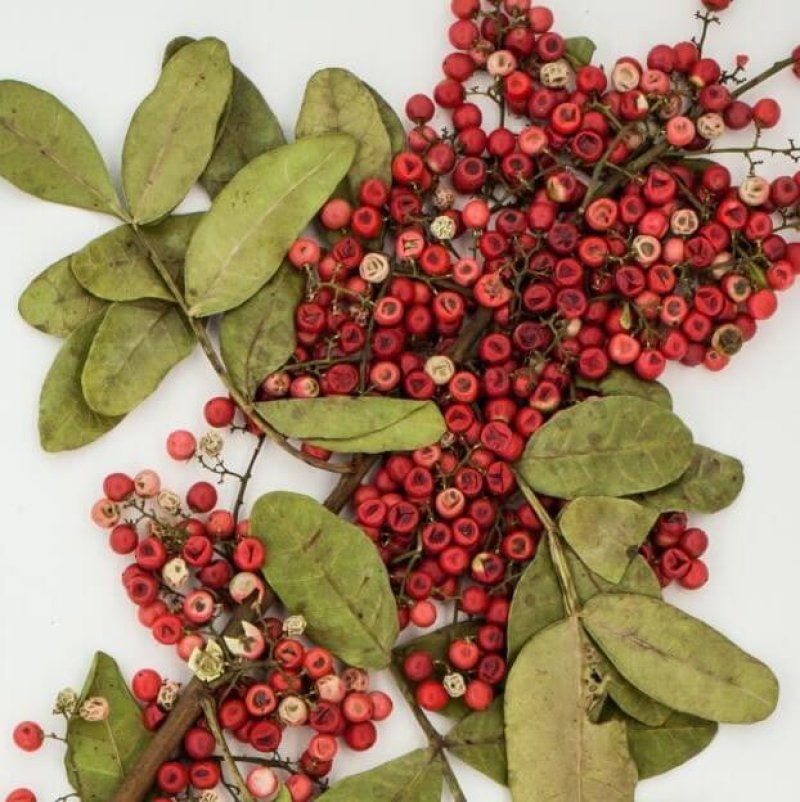Bacteria that don’t respond to drugs are a growing problem, one for which scientists are rushing to find a solution. Emory University researchers have found a promising solution for MRSA — methicillin-resistant Staphylococcus auereus — a sometimes fatal infection that often affects people in hospitals who are already sick or weak.
The answer may be in the berries of an invasive plant called the Brazilian peppertree. The red fruit can be used to block a gene in the MRSA bacteria that allows the tiny organisms to communicate with one another, thus inhibiting collective actions, the university said in a statement.
…
“Traditional healers in the Amazon have used the Brazilian peppertree for hundreds of years to treat infections of the skin and soft tissues,” [said] researcher and Emory professor Cassandra Quave.
…
The newly discovered berry extract “essentially disarms the MRSA bacteria, preventing it from excreting the toxins it uses as weapons to damage tissues,” Quave said. “The body’s normal immune system then stands a better chance of healing a wound.”
[The study can be found here.]The GLP aggregated and excerpted this blog/article to reflect the diversity of news, opinion, and analysis. Read full, original post: Superbug Cure? Red Berries From Brazilian Peppertree Neutralize Antibiotic-Resistant MRSA Bacteria































